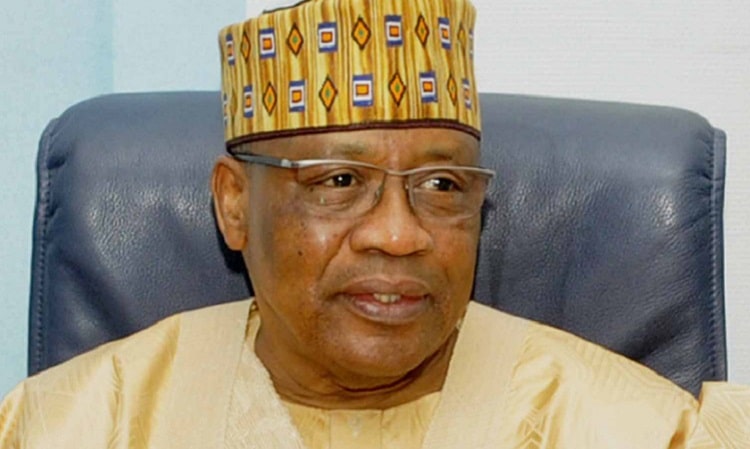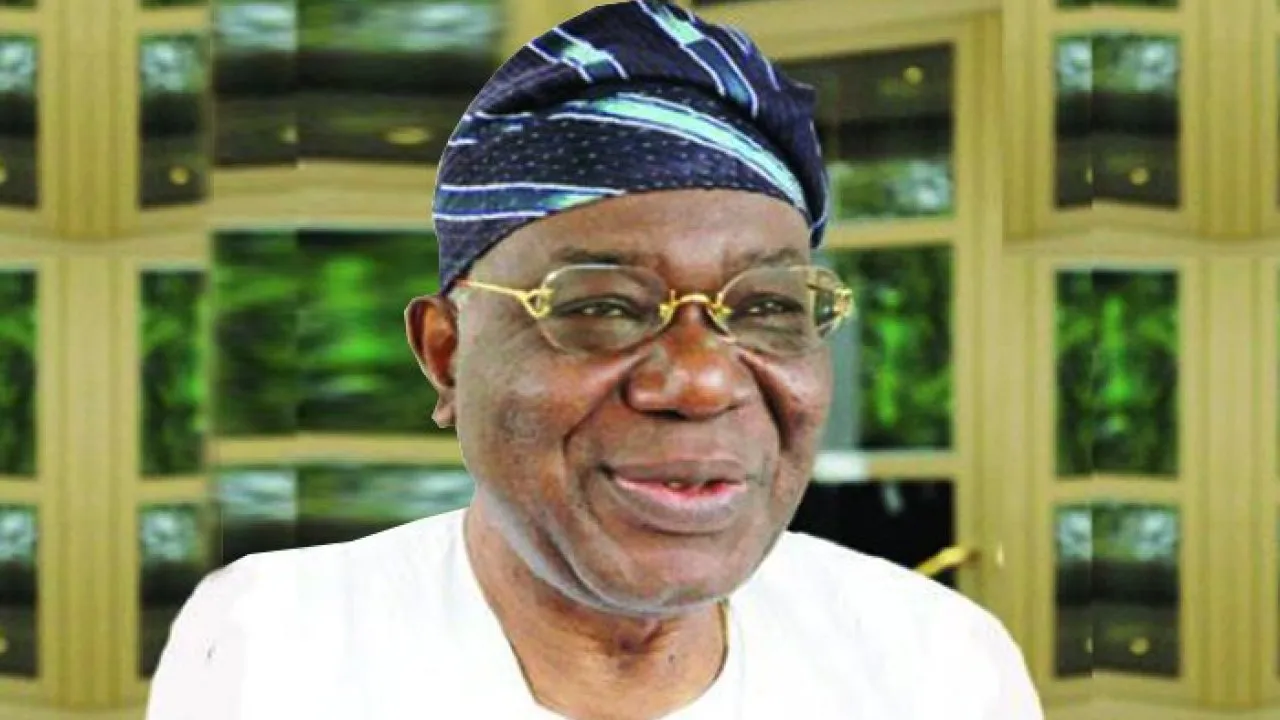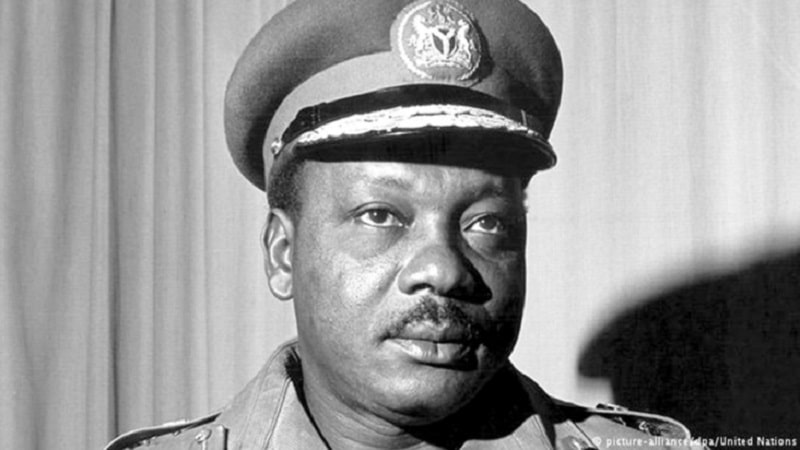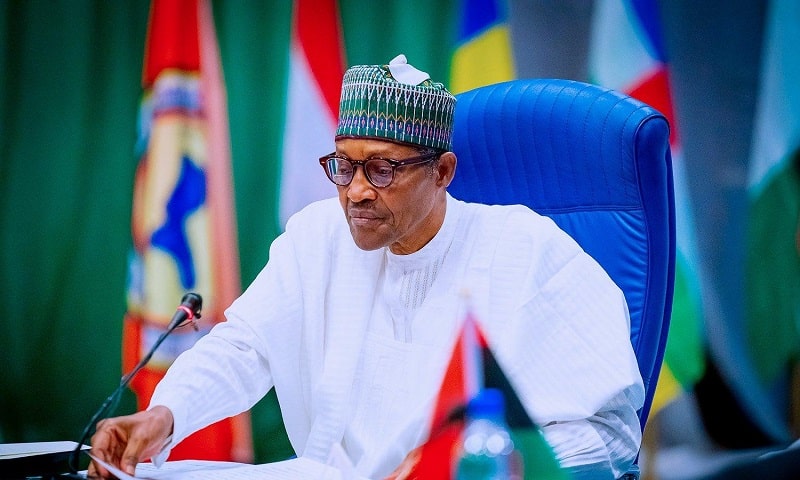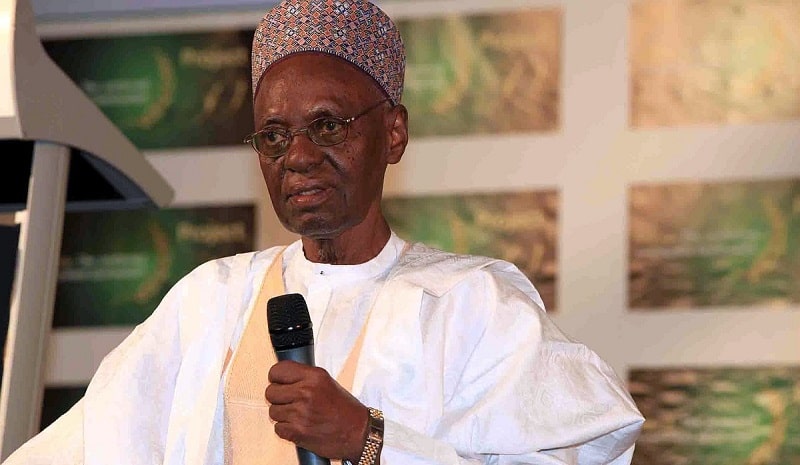President Umaru Musa Yar Adua (Former President – (2007-2010)
President Umaru Musa Yar Adua - 13th President of Nigeria
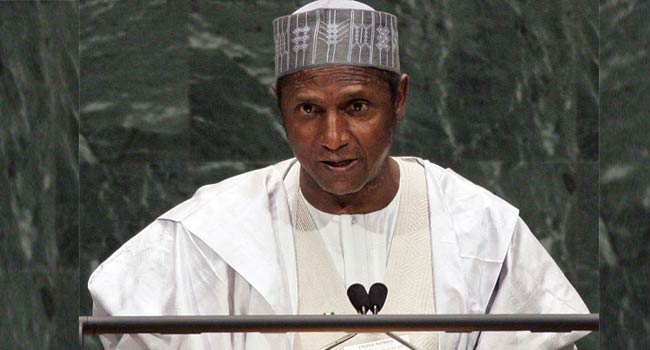
Umaru Musa Yar Adua was the 13th President of Nigeria from 2007 until his death in 2010. He was the first president to be elected after the return of democracy in Nigeria in 1999. His presidency was marked by efforts to address corruption, improve infrastructure, and promote peace and security.
| List | President’s Information |
|---|---|
| Name | Umaru Musa Yar Adua |
| Date of Birth | August 16, 1951 |
| Age | Died on May 5, 2010 (at the age of 58) |
| Died | May 5, 2010 |
| Ancestral Home | Katsina, Katsina State, Nigeria |
| Native Language | Hausa |
| School Attended | Ahmadu Bello University, University of Sussex (M.Sc.) |
| Career & Occupation | Lecturer, Politician |
| Military Rank | None (Civilian President) |
| Height | Approximately 1.82 meters (6 feet) |
| Known As | UMYA, Turakin Katsina |
| Citizenship | Nigerian |
| Residence | Katsina, Nigeria |
| Religion | Islam |
| Wife’s Name | Turai Yar Adua |
| Children’s Name | Zainab, Nafisa, Umaru, and others |
| Assumed Presidential Office | May 29, 2007 |
| Left Presidential Office | May 5, 2010 (due to his death) |
| Political Party | People’s Democratic Party (PDP) |
Yar Adua’s Early Life and Political Career
Yar’Adua was born on August 16, 1951, in Katsina State, Nigeria. He studied at Ahmadu Bello University, Zaria, where he earned a Bachelor’s degree in Education and a Master’s degree in Analytical Chemistry. He later pursued a career in politics and was elected governor of Katsina State in 1999, a position he held until 2007.
Yar Adua’s Presidency
Yar’Adua was elected as the President of Nigeria in 2007, running under the banner of the People’s Democratic Party (PDP). His presidency was marked by efforts to address corruption, improve infrastructure, and promote peace and security.
One of Yar’Adua’s key initiatives was the creation of the Niger Delta Ministry, which was tasked with addressing the environmental degradation and social issues facing the Niger Delta region. He also implemented the Presidential Amnesty Program, which offered amnesty to militants in the Niger Delta region who had been fighting against the Nigerian government.
Yar’Adua’s presidency was also marked by efforts to improve Nigeria’s infrastructure. He launched the Vision 2020 initiative, which aimed to transform Nigeria into one of the top 20 economies in the world by 2020. The initiative included plans to improve the country’s infrastructure, including the development of new airports, seaports, and railways.
Yar Adua’s Health Challenges and Death
Yar’Adua’s presidency was cut short by health challenges. In November 2009, he traveled to Saudi Arabia for medical treatment and did not return to Nigeria for several months. During his absence, there were concerns about his health and his ability to carry out his duties as president.
Yar’Adua returned to Nigeria in February 2010, but his health continued to deteriorate. He was eventually admitted to a hospital in Abuja, where he died on May 5, 2010, at the age of 58.
Yar Adua’s Legacy
Yar’Adua’s presidency was short, but he made significant efforts to address some of Nigeria’s most pressing challenges. He was widely regarded as a humble and principled leader who prioritized the well-being of the Nigerian people. His efforts to address corruption, promote peace and security, and improve infrastructure laid the foundation for future progress in Nigeria.
Yar’Adua’s death sparked a period of political instability in Nigeria, with concerns about the succession process and the political future of the country. However, his legacy as a principled and dedicated leader who worked tirelessly to improve the lives of Nigerians continues to inspire many in the country.
Umaru Musa Yar’Adua was a principled and dedicated leader who made significant efforts to address some of Nigeria’s most pressing challenges during his presidency. His efforts to address corruption, promote peace and security, and improve infrastructure laid the foundation for future progress in Nigeria. Although his presidency was cut short by health challenges, his legacy as a humble and principled leader continues to inspire many in Nigeria and beyond.
Additional Facts About Umaru Musa Yar Adua
- He began his political career as a member of the Katsina State House of Assembly in 1999.
- Yar’Adua served as the Governor of Katsina State from 1999 to 2007.
- As governor, he was known for his anti-corruption stance and efforts to improve governance in Katsina State.
- He was elected as the President of Nigeria in 2007, representing the People’s Democratic Party (PDP).
- Yar’Adua was inaugurated as the President on May 29, 2007.
- He made efforts to address the crisis in the Niger Delta region by engaging with militant groups and proposing development plans.
- He appointed a diverse and technically skilled cabinet, with several technocrats and experts.
- He passed away on May 5, 2010, after a prolonged illness.
- Following his death, Vice President Goodluck Jonathan was sworn in as President.
- The Umaru Musa Yar’Adua Foundation was established in his honor to continue his work in promoting good governance and social development.
Goodluck E. Jonathan (Vice President – (2007-2010)

Priopr to Umaru Musa Yar Adua‘s death, Goodluck E. Jonathan serve as the vice president of Nigeria from 2007-2010. Goodluck E. Jonathan was sworn in as the President of Nigeria on May 6, 2010, following the death of President Umaru Musa Yar’Adua.
Goodluck Ebele Jonathan then become the President of Nigeria from 2010 to 2015. He was born on November 20, 1957, in Otueke, Bayelsa State, Nigeria. He was the first President of Nigeria from the Niger Delta region and was known for his humility and down-to-earth personality.
You can read more about him here – Goodluck Ebele Jonathan
